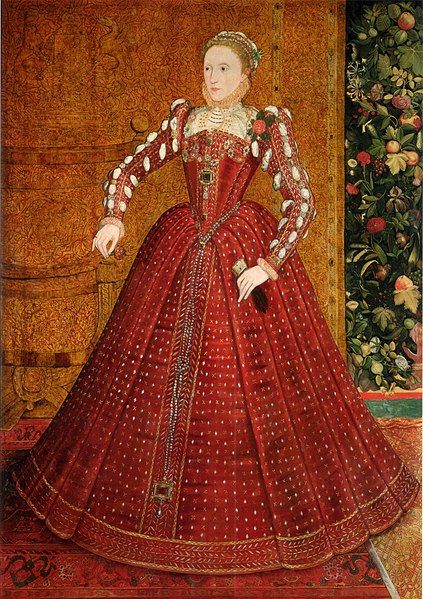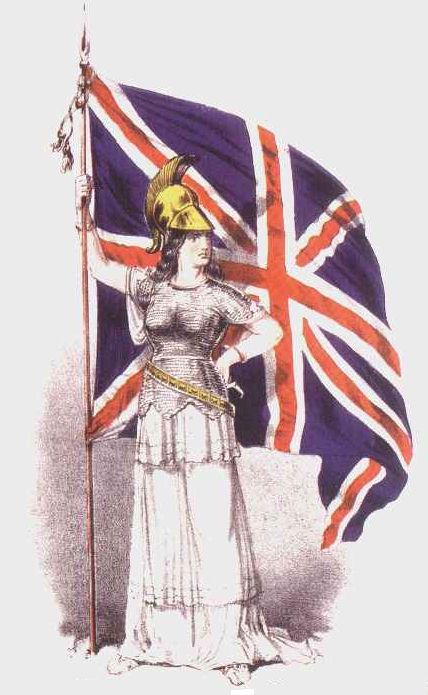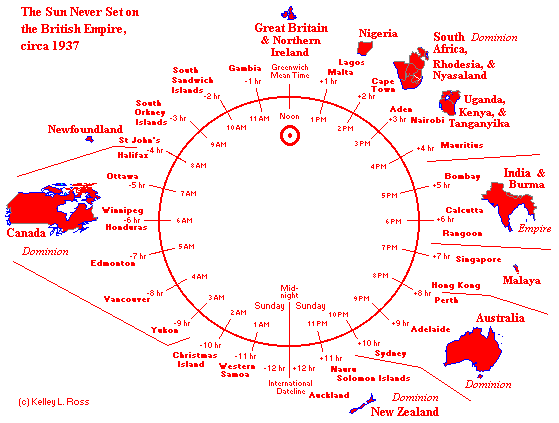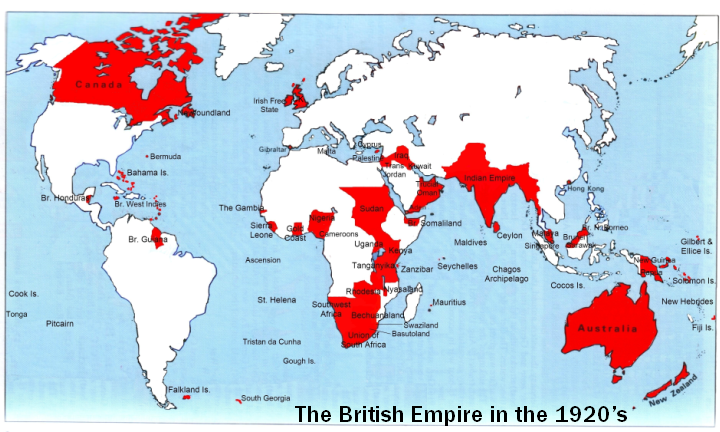One month ago, I had the opportunity to fulfill one of my dreams: visiting the well-known city of New York! As I worked in Salt Lake City during my Summer/Winter vacation, I took advantage of that to go to this city for 3 days before coming back to school. Maybe I didn't know many specific things about it and I would be alone there, like Kevin McAllister (Macaulay Culkin) in "
Home Alone II" but it wasn't an excuse to lose this chance! (Even though my mother consider those reasons enough excuse to go straight home)

I have some friends that had the opportunity to go there and they warned me saying “3 days aren’t enough to get around the whole city”…and they were right: there, you have the opportunity to visit as many attractions and landmarks as you could imagine...or maybe more! I realized why this place is called “the Capital of the World” and why Frank Sinatra sings in his famous song about this Capital “
I wanna wake up in a city, that doesn't sleep and find I'm king of the hill, top of the heap” ("New York, New York" by Frank Sinatra)
Walking around the "Big Apple”, I just realized this city is divided into five areas:
.gif)
-
The Bronx, which includes the well-known neighborhood called “Harlem”
-
Brooklyn, with its famous bridge.
-
Queens, where "Spider-Man" lives and my hotel was located.
-
Staten Island, mmm...no idea what happens there…
-
Manhattan which is definitely, the most AMAZING place that I’ve ever been!

During my second day there, I found some information in my guide about a huge cathedral called “Saint John the Divine” and I decided to go there. Thanks to my super map I could get to the 112st with Malcolm X Boulevard but I had to walk down along this street until Amsterdam Avenue to go to the cathedral.
While I was walking along the streets, I noticed that all the pageantry seen before had just disappeared: the area looked like those movies related to poor cities in the States; even people seemed very different from those in Time Square or the 5th Avenue! I felt happy since I involuntary had the opportunity to meet that area and to see “the other side of the coin”
I hadn’t noticed where I was so far, when I suddenly realized that the “unknown” place was Harlem. My previous happiness run away quickly and I tried to get out of that place as soon as possible since I remembered another warning given by my friends: “don’t go to Harlem!” Fortunately, I didn't have any problem I could go back home safe and sound (Even I would go to Harlem next day by mistake again!)
This experience taught me some lessons: if you don't know the route to a certain place, don't go, to get a better map beforehand, to be prepared to deal with unexpected situations (Especially in a foreign country) and, the most important thing, how lifestyle may change from one place to another which is just 20 meters far away. I experienced a similar feeling when I visited Cartagena de Indias, Colombia, as a LDS Missionary. This city is very famous because its beaches, landmarks and buildings from the Spanish Colonization which are part of the heritage area but when you go outside this area and take a look around the "real" city, you'll be surprised: many poor areas in which people live in miserable conditions. Unemployment is part of their daily lives and new thieves and pickpockets appear in the streets.
My point is that culture involves more that landmarks, street food or good places to go shopping: it’s about people, the way they lead their daily lives and what we could get from that experience. Sometimes it’s hard to know that since they live in dangerous places like Bronx or Plaza Echaurren, (if someone comes to Valparaiso, for instance) or maybe we think that information is relevant for those that study sociology but the more we can learn the essential part of a culture, the more we learn from them and, at the same time, you learn more about your own culture.
As I lived in Queens, I had to commute a long way to Manhattan so I could see more than "beautiful places" from New York. That allowed me to make a contrast between them and the people from Utah. Obviously, I realized that they are very different so I could see that there isn’t an “American stereotype” but many different cultures. That makes me feel exciting about studying English since you have the opportunity to find out several information concerning not just American culture but the whole world.
Before leaving...here some questions!
What do you think about our country? Where could we find that contrast? Is it positive or negative?
Finally, I leave with you the immortal Frank Sinatra and his popular song on this
link. Thanks for reading this post and enjoy the video!


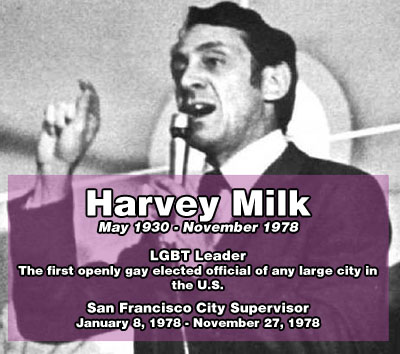
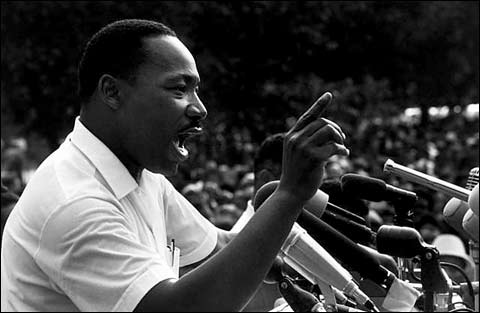


.jpg)











.jpg)

.jpg)
.jpg)







.gif)


